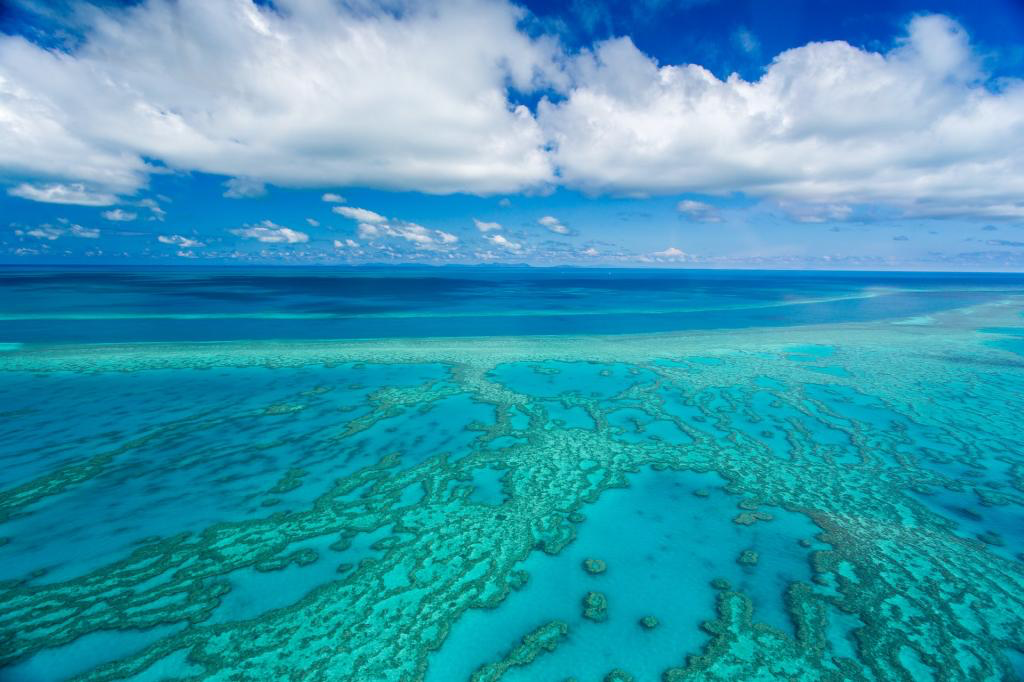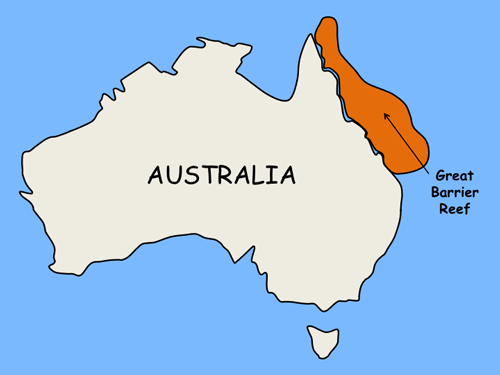Free Courses Sale ends Soon, Get It Now


Free Courses Sale ends Soon, Get It Now



Disclaimer: Copyright infringement not intended.
Context
The critical situation facing the Great Barrier Reef, one of the world's most iconic natural wonders, due to a combination of environmental challenges, particularly the impacts of climate change.
Details
UNESCO's Concern and Government Response
Challenges to the Reef
Concerns and Realities
About Great Barrier Reef

Disclaimer: Copyright infringement not intended.
Biodiversity and Ecological Importance
|
PRACTICE QUESTION Q) Analyze the implications of climate change and human activities on the reef's health and suggest measures to ensure its long-term sustainability. (150 words) |
© 2024 iasgyan. All right reserved